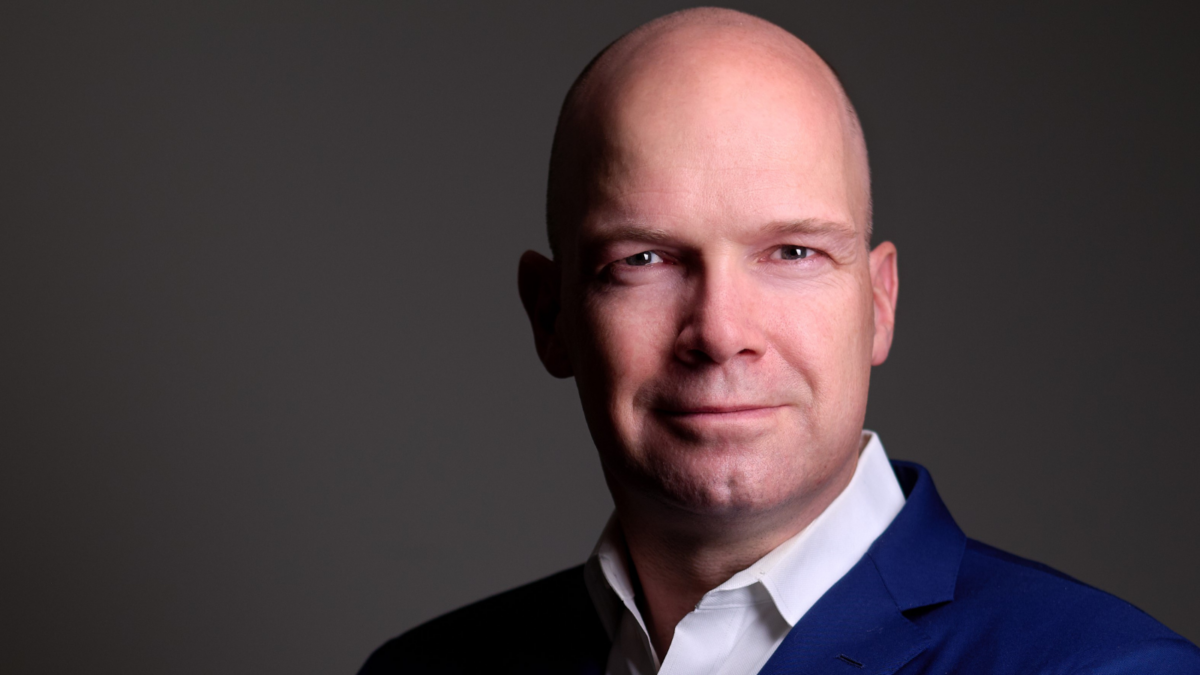A slow burn recovery gains momentum in emerging markets
While the post-Covid recovery in emerging markets hasn’t been a bust, it hasn’t been the boom that many investors were hoping for. China’s re-opening has been “spotty” and left some investors disappointed. And while the on-again off-again US banking crisis doesn’t impact emerging markets,
tough memories of 2008 have made investors unwilling to take on more risk.
“I will say that China is what it is, but I’m surprised at the resilience we’re seeing in other parts of emerging markets,” says Derrick Irwin (pictured), portfolio manager for Allspring’s Intrinsic Emerging Markets Equity team. “Inflation continues to fall in a lot of emerging markets – Brazil, which we’ve been waiting and watching for some time, has now seen inflation come down pretty close to the target band for the central bank there to start cutting rates. India has recently had a pretty subdued inflation print. And in general we haven’t seen a lot of countries where inflation has been too sticky.”
Brazil is the most overlooked emerging market of the set, but investors are starting to come around to it, and the Real is up six per cent or so. Korea and Taiwan stand to benefit from what could be an artificial intelligence gold rush, with companies like TSMC supplying the picks and shovels, though the trend to onshoring critical manufacturing capability means there’s a case to be made for developed markets as well.
But the good news in other emerging markets has been overshadowed by China, where uneven data has frustrated investors. That’s mostly down to the differences in length and severity of lockdowns in different parts of the country, and sales rebounding from differently subdued levels – which leaves room for disappointment.
“The best description – and forgive me if it’s cliché – is blind men trying to describe an elephant,” Irwin says. “The data is so spotty that even within sectors or regions the differences in performance of companies is so stark that year-on-year data really isn’t helping us. I think we need to wait a few more quarters until we get a better sense of this recovery. And when we do I think we’ll start to see that recovery gaining more momentum. Maybe as we get into the third and fourth quarters that slow burn recovery maybe starts to get some momentum.”
But while the growing tensions between the US and China dominate the news cycle, there’s bright spots on the geopolitical front as well, even if they’re occasionally lost in the saber rattling.
“On the margin I feel better than I did in February,” Irwin says. “Blinken has met with his counterpart in China, and that’s good news. I don’t know if that sets up a meeting with Xi and Biden like some folks would like, but I think any time we’re talking at senior levels that’s good.”
“The risk for me as an investor is that there’s not a lot of everyday backchannel communication between the United States and China, so high-level communication is critical but that day-to-day level setting and release valve isn’t there. And we worry about that… There’s a lot of room for mistakes, but if that happens your emerging market allocations might be the least of your problems.”











